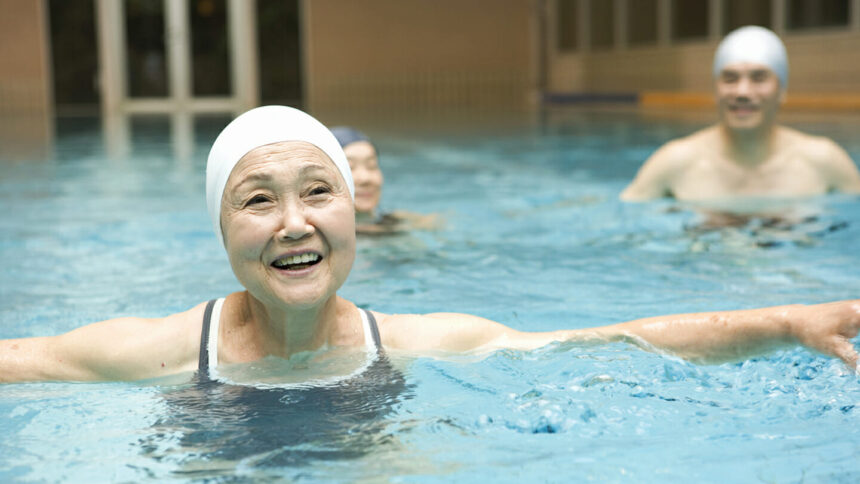
A new study examined well-being among older adults. Researchers found that mean well-being does not vary over time, but well-being inequality rises in all countries except those considered high-income countries. The study was published on Dec. 1 in the Journal of the American Geriatrics Society.
By 2050, there will be 2.1 older adults and 80% of them will live in developing nations.
“This demographic shift will present new challenges and opportunities in several areas, including health, migration, employment, and social safety nets,” the authors wrote.
The researchers used survey data from nine waves of the Gallup World Poll between 2009 and 2017. The team looked at well-being and well-being inequality for adults over 60 years of age. The team also evaluated individual-level determinants of well-being and well-being inequality. In total, they assessed data from 179,075 people.
Looking at factors that influence well-being and well-being inequality show how important health, income and social ties can be, the authors wrote. The team found that women tend to be happier than men — something that contradicts other studies that showed American men are happier than American women.
“Our findings suggest that rather than focusing on the average level of well-being among older people, governments should consider the full distribution of well-being. This requires a special emphasis on health, social networks, and education, as well as the assessment of distributional impacts in policy proposals,” the authors said.
The average level of well-being in older adults doesn’t vary much over time, which is the same for all economic development groups. But the team did find that inequality in well-being went up for all development groups except those with the highest incomes. Translation: Inequalities in well-being are rising except in those with the most money.
There were some interesting differences between younger and older adults in terms of well-being. That is, older adults’ well-being is diminished by children, perhaps because they worry about their children. Well-being inequality is lower among married, educated, native-born, high-income and socially connected older adults. There is greater inequality if people are older, female, religious or unhealthy. These results are the same for younger adults including women and unmarried single people, the authors said.





